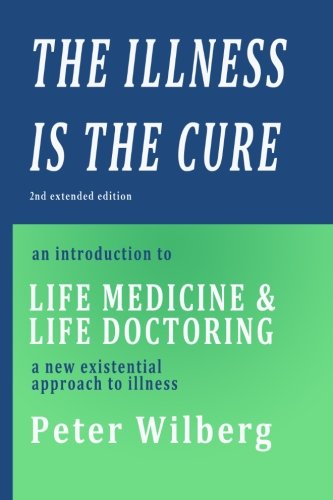Appendix 5. From ‘Doctor-Patient Communication:
A Review’
Jennifer Fong Ha, MBBS
(Hons) Dip Surg Anat and Nancy Longnecker, PhD, The Ochsner Journal,
Ochsner Clinic Foundation, Spring 2010
“The patient will never care how
much you know, until they know how much you care.”
Terry Canale in his American Academy of
Orthopaedic Surgeons Vice Presidential Address
Much patient dissatisfaction and many
complaints are due to breakdown in the doctor-patient relationship.
However, many doctors tend to overestimate their ability in
communication.
Basic communication skills in isolation
are insufficient to create and sustain a successful therapeutic
doctor-patient relationship, which consists of shared perceptions and
feelings regarding the nature of the problem, goals of treatment, and
psychosocial support.
Studies on doctor-patient communication
have demonstrated patient discontent even when many doctors
considered the communication adequate or even excellent. Doctors tend
to overestimate their abilities in communication. Tongue et al
reported that 75% of the orthopedic surgeons surveyed believed that
they communicated satisfactorily with their patients, but only 21% of
the patients reported satisfactory communication with their doctors.
Patient surveys have consistently shown that they want better
communication with their doctors.
A more patient-centered encounter results
in better patient as well as doctor satisfaction. Satisfied patients
are less likely to lodge formal complaints or initiate malpractice
complaints. Satisfied patients are advantageous for doctors in terms
of greater job satisfaction, less work-related stress, and reduced
burnout.
It has been observed that communication
skills tend to decline as medical students progress through their
medical education, and over time doctors in training tend to lose
their focus on holistic patient care. Furthermore, the emotional and
physical brutality of medical training, particularly during
internship and residency, suppresses empathy, substitutes techniques
and procedures for talk, and may even result in derision of patients.
Good communication skills practiced by
doctors allowed patients to perceive themselves as a full participant
during discussions relating to their health. This subjective
experience that influences patient biology is the “biology of
self-confidence” described by Sobel, which emphasized the critical
role of patients' perception in their healing process.
There are reported observations of
doctors avoiding discussion of the emotional and social impact of
patients' problems because it distressed them when they could not
handle these issues or they did not have the time to do so
adequately. This situation negatively affected doctors emotionally
and tended to increase patients' distress. This avoidance behavior
may result in patients being unwilling to disclose problems, which
could delay and adversely impact their recovery.
Physicians have been found to discourage
patients from voicing their concerns and expectations as well as
requests for more information. This negative influence of the
doctors' behavior and the resultant nature of the doctor-patient
communication deterred patients from asserting their need for
information and explanations. Patients can feel disempowered and may
be unable to achieve their health goals. Lack of sufficient
explanation results in poor patient understanding, and a lack of
consensus between doctor and patient may lead to therapeutic failure.
Today, patients have recognized that they
are not passive recipients and are able to resist the power and
expert authority that society grants doctors. They can implicitly and
explicitly resist the monologue of information transfer from doctors
by actively reconstructing expert information to assert their own
perspectives, integrate with their knowledge of their own bodies and
experiences, as well as the social realities of their lives. Being
attentive to social relationships and contexts will ensure that this
information is received, and most importantly, acted on.
…inequality, social relations, and
structural constraints may be the most influential factors in health
care.
Attentive listening skills, empathy, and
use of open-ended questions are some examples of skillful
communication.
Important factors include understanding
patients' perspectives, sharing information, and patients' knowledge
and expectations. Miscommunication has serious implications, as it
may hinder patients' understanding, expectations of treatment, or
involvement in treatment planning. In addition, miscommunication
decreases patient satisfaction with medical care, level of
hopefulness, and subsequent psychological adjustment.
…patients often regard their doctors as
one of their most important sources of psychological support. Empathy
is one of the most powerful ways of providing this support to reduce
patients' feelings of isolation and validating their feelings or
thoughts as normal and to be expected.
In addition to minimizing avoidance
behavior, which prevents patients from expressing opinions, effective
doctor-patient communication should involve productive conversation,
which involves understanding of both parties' perspectives, by
shifting from a perspective that is rigidly certain of one's belief
to a more exploratory approach that strives to understand the
situation from another perspective.
Good doctor-patient communication is a
mechanism used to gain an understanding of patients' social context,
expectations, and experience.
Doctor-patient communication is a major
component of the process of health care. Doctors are in a unique
position of respect and power. Hippocrates suggested that doctors may
influence patients' health.



No comments:
Post a Comment